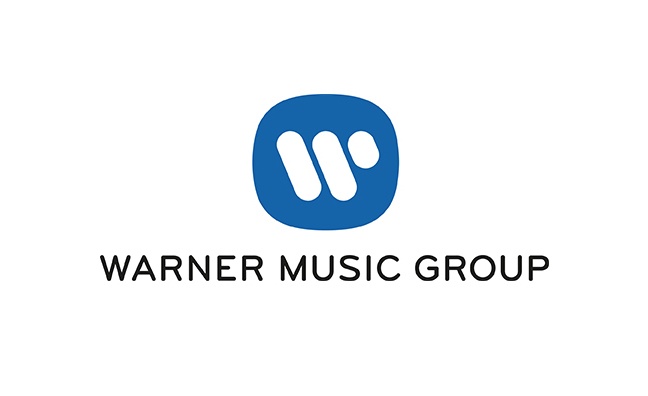Warner Music Group’s streaming success has powered the major past $1.5 billion for the fiscal year to date.
The fiscal Q3 results showed that for the nine months, WMG brought in $1.579bn (£1.297bn) from streaming, up 24.6% year-on-year. In Q3 alone, streaming revenues were up 20.5% to $540m (£443.5m).
Revenue grew 10.4% (13.4% in constant currency) to $1.058bn (£869m) in Q3; for the nine months, it was up 13% to $3.351bn (£2.75bn). Growth in recorded music digital, licensing and artist services as well as music publishing digital and sync revenue were partially offset by a decline in physical revenue and Warner Chappell’s mechanical revenue.
Digital revenue grew 12.5% (or 15.5% in constant currency), and represented 61.2% of total revenue, compared to 60.1% in the prior-year quarter.
“Our third-quarter results are proof of our continued momentum,” said Steve Cooper, Warner Music Group’s CEO. “To say that streaming is responsible for the recovery of our business is an oversimplification. Without the talent and creativity of our artists and songwriters, and all of the investment and expertise that we put behind them, there would be no growth."
Recorded Music revenue grew 13.8% (16.9% in constant currency) to $913m (£749.8m) in Q3. This included a $59 million (£48.45m) increase related to the acquisition of EMP.
Recorded music revenue grew in all regions. Major sellers included Ed Sheeran, A Boogie Wit da Hoodie, The Yellow Monkey, Nipsey Hussle and Cardi B.
Music publishing revenue declined 7.5% (4.5% in constant currency), as a result of accounting changes and loss of administration rights in certain catalogues.
On the earnings call, Cooper noted that the scale of music being added to DSPs - 40,000 tracks a day - was making it harder to cut through.
"We value our relationships with streaming services and there is no question they provided strong digital platforms that helps music travel around the world faster than ever," he said. "[But] the sheer volume of music being released on these platforms is actually making it harder for great artists and songwriters to get noticed."
He added: “It’s the music that’s delighting fans and driving the business forward."
The sheer volume of music being released on these platforms is actually making it harder for great artists and songwriters to get noticed
Steve Cooper
Addressing future streaming growth, Cooper said: “We are optimistic about the near term future. My view is that we will be able to continue to successfully manage our growth. I don’t think it will be precisely linear, but with the continuing growth of streaming, even though it’s moving into emerging markets, that we will continue to incrementally grow – maybe at not as bullish a rate that we’ve been growing over the last few years. But I think the near-term future should be fine.”
While he gave nothing away on licensing renewal talks with DSPs, Cooper said: “I’m optimistic that we will be able to create the right balance between supporting our distributors and ensuring that we capture the right value of music for our artists and songwriters.”
With the earnings call taking place in the hours after talks between UMG and Tencent were revealed, Cooper also addressed any kind of investment or public offer for WMG.
“At the moment, our view is status quo is the way to go,” he said. “But there’s nothing absolutely certain about the future other than the fact that we intend on continuing to show the world that we are the absolutely best music destination for artists and songwriters.”
Referring to "thoughtful" acquisitions, Cooper said the major would utilise voice activated technology to drive sales from acquisitions such as theatrical label First Night.
"Our company continues to outperform the industry," said Cooper, who said WMG had advanced its market share for recordings (16.5%) and music publishing (12.3%).
Overall operating income was $58m (£47.6m) compared to $28m (£23m) in the prior-year quarter. OIBDA was $124m (£101.8m), up 25.3% year-on-year.
Adjusted net income was $24m (£19.7m) compared to $332m (£272.6m) in the prior-year quarter, though that was attributed to the sale of Spotify shares a year ago.
“We had strong growth in revenue, OIBDA and cash flow,” added Eric Levin, Warner Music Group’s EVP and CFO. “We expect fiscal 2019 to be another great year.”









